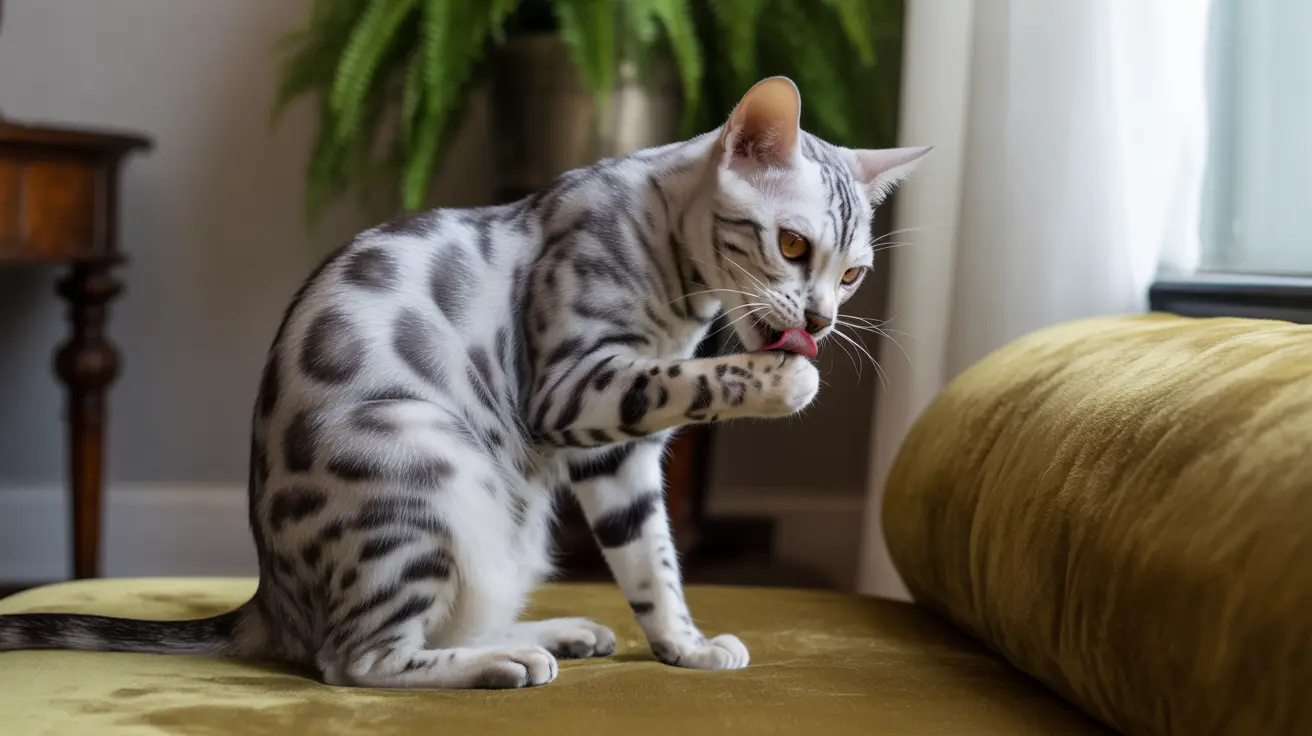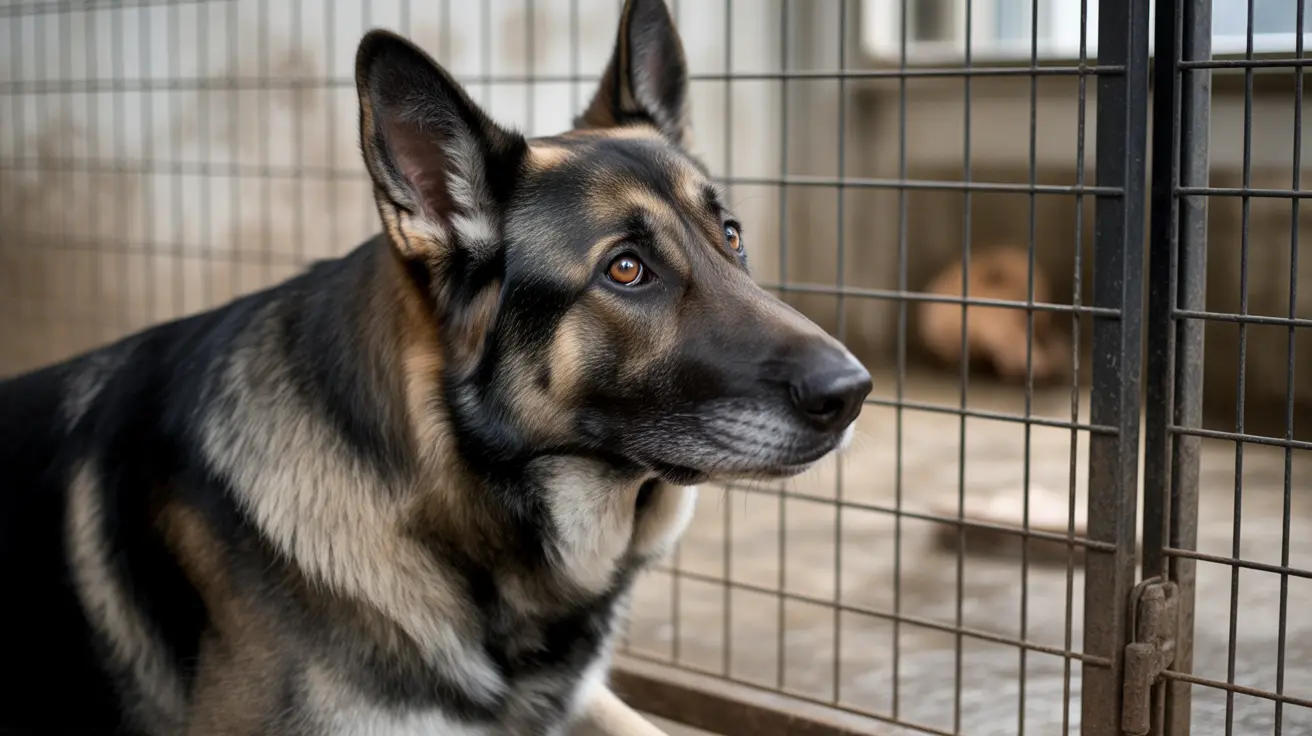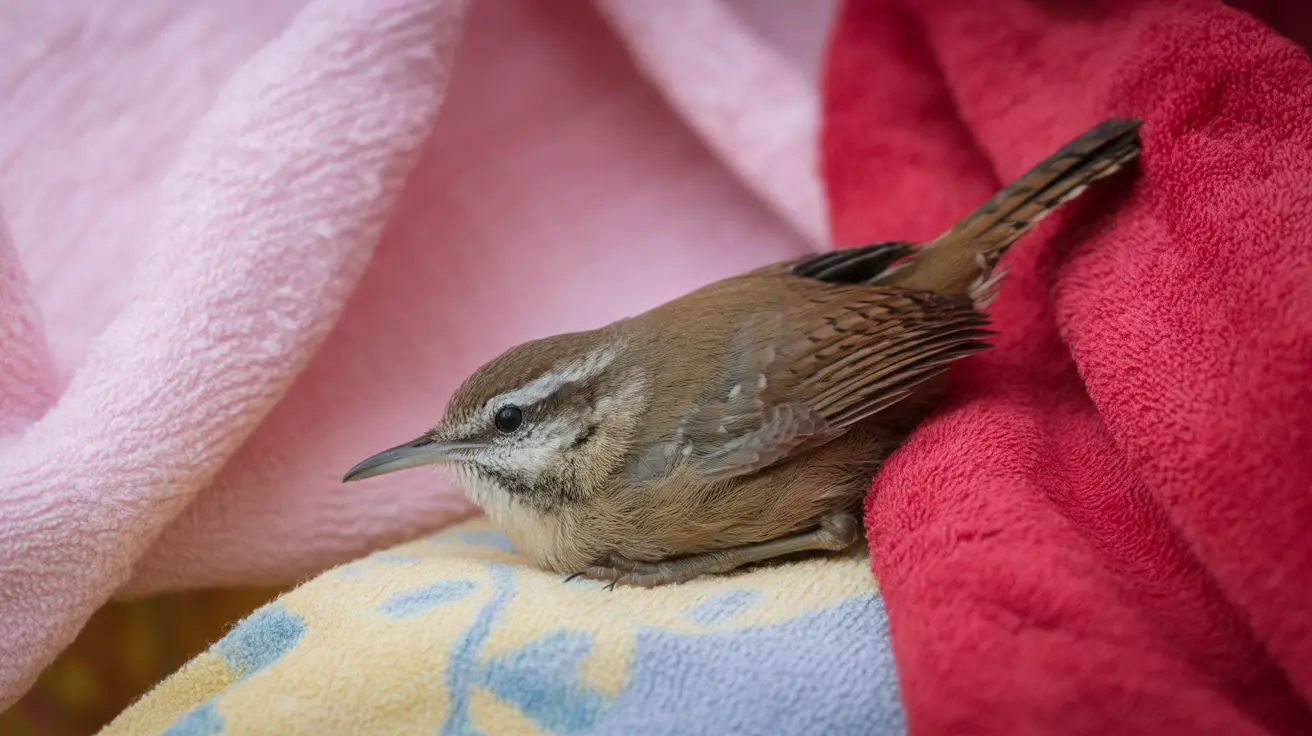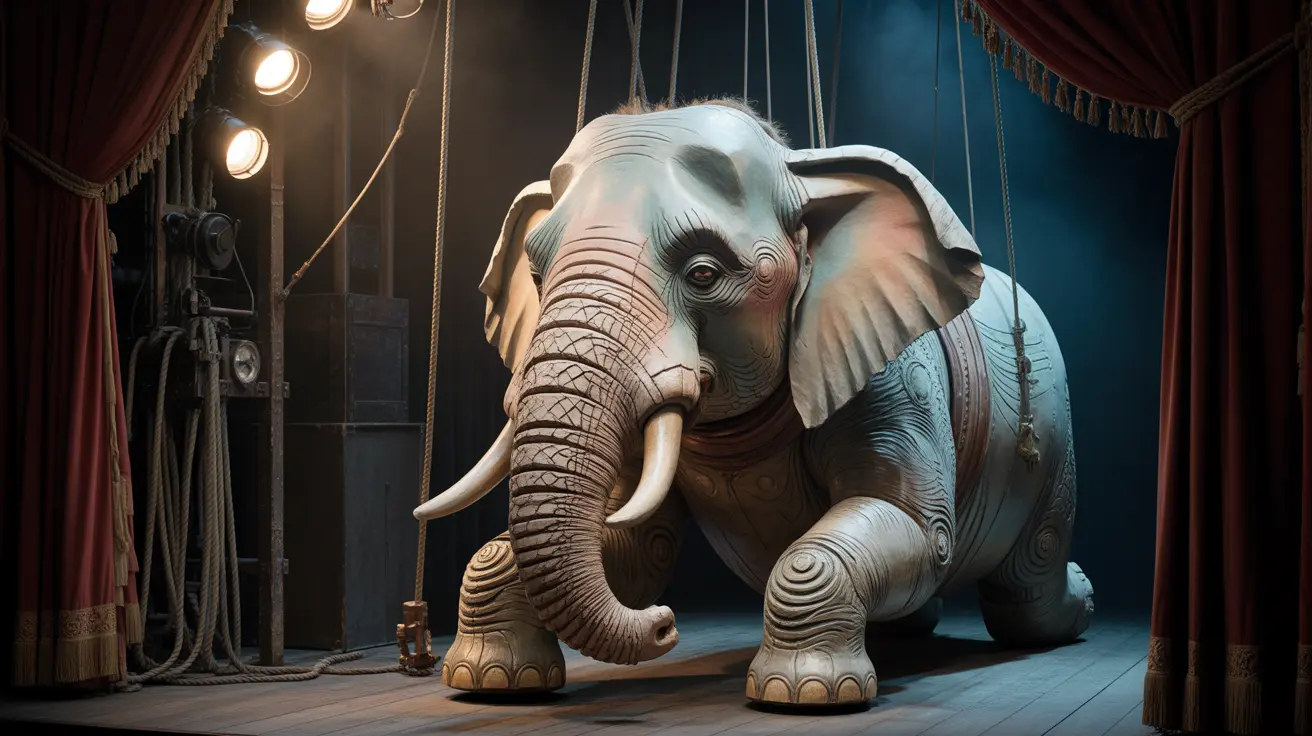If you've ever petted your cat only to watch them immediately start grooming themselves, you're witnessing a fascinating aspect of feline behavior. This common response can leave many cat owners wondering if they've somehow offended their furry friend. However, this post-petting grooming ritual serves several important purposes in your cat's behavioral and social repertoire.
Understanding why cats lick themselves after being petted can help strengthen your bond with your feline companion and ensure you're providing the most comfortable interaction possible. Let's explore the various reasons behind this intriguing behavior and what it means for your relationship with your cat.
The Science Behind Post-Petting Grooming
Cats are meticulous groomers by nature, spending up to 50% of their waking hours engaged in grooming activities. When you pet your cat, you're essentially disrupting their carefully maintained coat and scent profile, triggering several natural responses.
Scent Management and Territory Marking
Cats possess specialized scent glands throughout their bodies, particularly on their faces and paws. When you pet them, you transfer your own scent onto their fur, potentially disrupting their carefully maintained scent signature. Post-petting grooming helps them restore their personal scent profile and maintain their sense of security in their environment.
Emotional and Physical Regulation
Managing Stimulation Levels
Petting can be both pleasurable and stimulating for cats. The act of grooming helps them regulate their emotional state by releasing calming endorphins. This self-soothing behavior can help bring their arousal levels back to baseline after the excitement of being petted.
Physical Comfort and Coat Maintenance
Your petting may have ruffled their fur or created sensations they want to address. Grooming helps realign their fur, remove any foreign particles, and maintain their coat's optimal condition for insulation and protection.
When Post-Petting Grooming Signals Concerns
While most post-petting grooming is perfectly normal, certain patterns might indicate underlying issues:
- Excessive or aggressive grooming
- Focusing on one particular area repeatedly
- Showing signs of distress while grooming
- Developing bald patches or skin irritation
Tips for Reducing Post-Petting Grooming
If you'd like to minimize your cat's post-petting grooming response, consider these strategies:
- Pet in the direction of fur growth
- Focus on their preferred spots (usually head and chin)
- Keep petting sessions shorter
- Watch for signs of overstimulation
- Maintain clean hands free of strong scents
Frequently Asked Questions
Why do cats lick themselves immediately after I pet them?
Cats lick themselves after petting to realign their fur, restore their natural scent, and self-soothe after stimulation. This behavior is typically normal and helps them maintain their grooming standards.
Is it normal for my cat to groom themselves right after I touch them?
Yes, this is completely normal behavior. Cats are naturally fastidious groomers, and post-petting grooming helps them maintain their preferred coat condition and scent profile.
Can my cat licking themselves after petting mean they are stressed or anxious?
While some post-petting grooming is normal, excessive or frantic grooming might indicate stress or anxiety. Watch for other signs of distress and consult a veterinarian if concerned.
How can I reduce my cat's post-petting licking behavior?
You can minimize this behavior by petting gently, avoiding overstimulation, respecting their preferred petting spots, and keeping your hands clean and free of strong scents.
When should I worry about my cat licking themselves too much after being petted?
Seek veterinary attention if your cat shows signs of excessive grooming, develops bald spots, appears distressed, or shows significant changes in their typical grooming patterns.
Conclusion
Post-petting grooming is a natural part of feline behavior that serves multiple purposes, from scent management to emotional regulation. By understanding and respecting this behavior, you can better appreciate your cat's natural instincts and ensure more positive petting interactions. If you notice concerning changes in your cat's grooming habits, don't hesitate to consult with your veterinarian for professional guidance.






